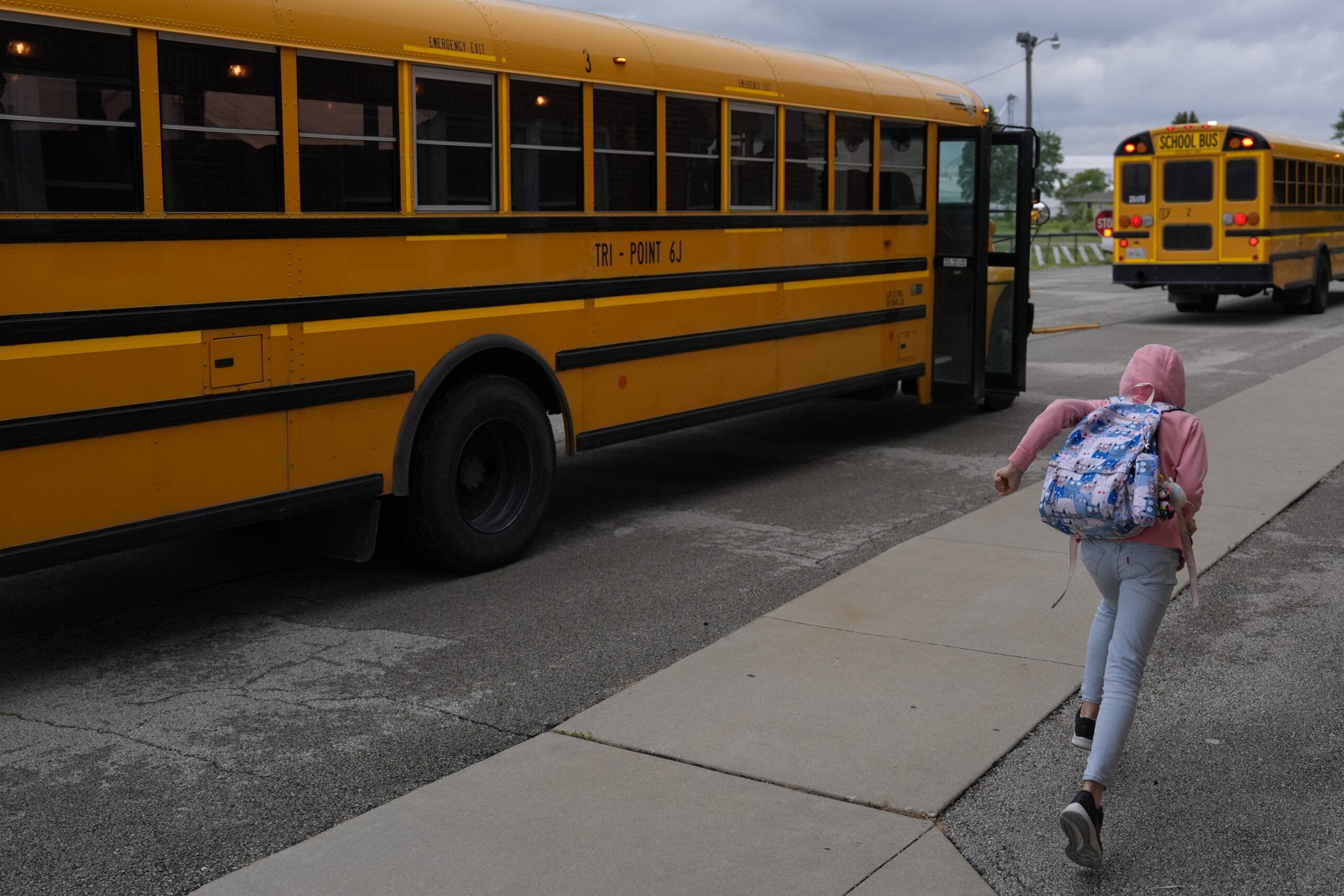
Illinois’
comeback
story
starts here.
Policy Analyst
A new federal scholarship tax credit program could be a lifeline to students in rural Illinois. They may have limited educational options, but the federal money could boost those options through tutoring or other services if Gov. J.B. Pritzker allows it.
If you are a struggling student in rural Illinois, there are few options for a better education if the public school is a poor fit.
But a new federal scholarship program could change that – if Illinois Gov. J.B. Pritzker and state lawmakers allow it.
A study by the Learning Policy Institute found 90% of Illinois private schools are in urban or suburban areas. That means many families in rural areas have fewer options than their counterparts in Chicago or other metro areas.
Options are important, because many Illinois public school students are struggling to meet grade-level standards in core subjects: only 41% of students could read at grade level on the Illinois Assessment of Readiness in 2024 and only 28% were proficient in math.
The newly enacted federal scholarship tax-credit program offers those options to students: the federal scholarship tax credit program, established by the Educational Choice for Children Act, will provide donor-funded scholarships to both public and private school students to use for a variety of educational services. Public school students could use the funds for additional educational services such as tutoring, additional academic courses, fees for advanced placement or college entrance exams, books or online educational materials and therapies for students with disabilities.
There’s a catch: Illinois must opt into the program for students to benefit from the scholarships. Pritzker must lead on that issue before any Illinois student can benefit.
Every child is different. That’s why the federal scholarship program is important. It allows parents to send their child to a local public school while also tailoring the child’s education to his or her individual needs.
Students would be eligible for the scholarships if their family income is within 300% of the area median income. The program does not take money away from public schools. It will not divert federal money or state money from public schools to fund the scholarships – a false claim being made by teachers unions as they try to protect their education monopoly.
Instead, the scholarships are funded by private donors who will be granted dollar-for-dollar federal tax credits for donating up to $1,700 each year to a scholarship granting organization, which is a tax-exempt organization providing scholarships to students.
That means the federal government simply gives up some income tax revenue. There is no cost to states. But if Illinois does not join the program, Illinois donors’ money will go to students in other states and Illinois students will be left out.
Illinois should opt into the federal scholarship program
Illinois families in urban or rural areas, or in public or private schools could benefit from the federal scholarship tax credit. It would provide a lifeline to thousands of Illinois students needing additional resources to grow academically, especially in areas where distance limits those options.
The only question is whether Pritzker and Illinois lawmakers will let Illinois students benefit.
Chicago Office | Illinois Policy
300 S. Riverside Plaza | Suite 1650 |
Chicago, IL 60606
t 312.346.5700 f 312.283.7800
Copyright © 2025 Illinois Policy |
Illinois’ comeback story starts here
This site is protected by reCAPTCHA and the Google Privacy Policy and Terms of Service apply.

Recent Comments